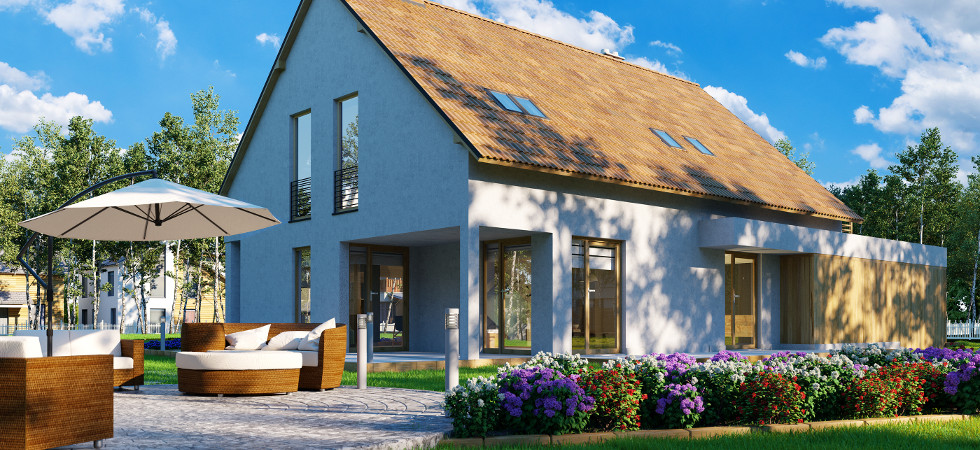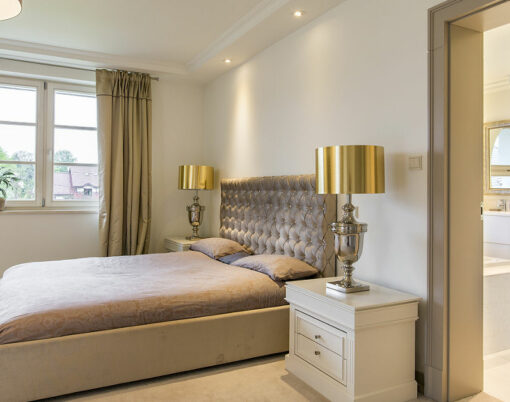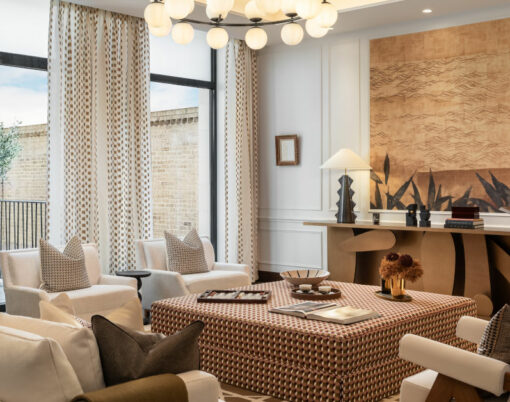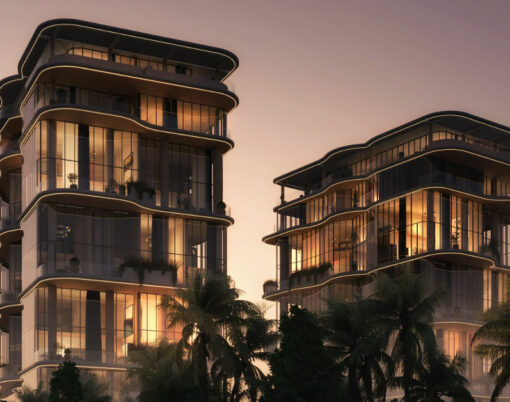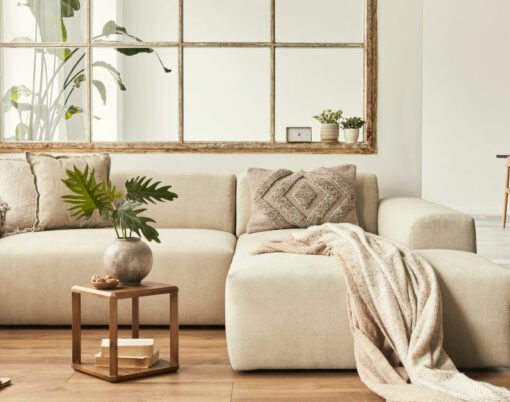There are several moments in life that can offer an enormous sense of achievement, and building your dream home from scratch is definitely a contender.
Whilst building a home can be extremely rewarding, it can also be quite challenging and somewhat stressful. However, in a bid to help, we have listed the experts at LakesideHire for their top ten tips to ensure that your self-build is successful and stress-free.
Create a project brief
Before starting your self-build, make sure that you create a brief that sets out all of the key requirements for your project. Your brief should include your budget, timescale, room measurements, and the basic layout and structure of the internal rooms.
Make sure your brief includes the architectural style that you’re aiming for — will your home be traditional or contemporary? Just remember to include any information which you deem important and relevant to your project.
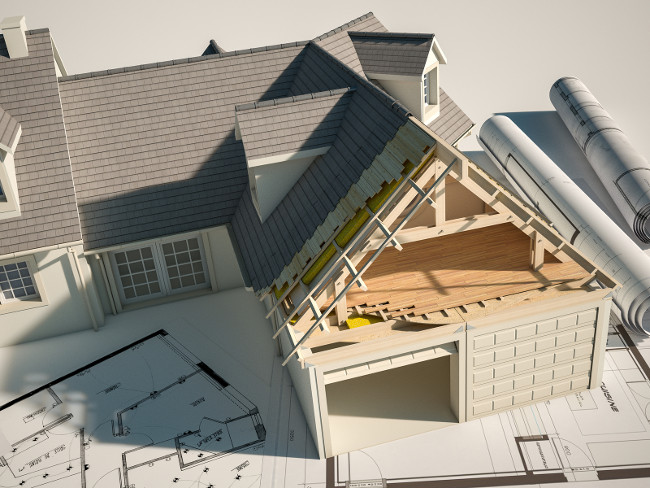
Don’t forget the permits
Make sure you have planning permissions, building control approvals, as well as any special permissions that may appear — for example, are there any listed building consents you may need?
Previous regulation changes have made it easier self-build, so it shouldn’t be a challenge to find the permits to commence your self-build.
Find an architect
In an ideal world, you would hire an architect before purchasing your land, as they can assess its suitability for your ideal home and make you aware of any problems.
An architect will also analyse the placement of your house and choose the best location in order to gain a high advantage of views, sunlight, and more. Using blueprints, an architect can get bids from builders, which could save you money in the long run of your project.
And to ensure that your design is feasible, it’s important to conduct an architectural feasibility study before finalising your plans with the help of your architect.
Hire the right staff
You need the right people to complete your build, so apart from an architect, find a structural engineer for the design stage, a planning consultant and a design team.
The key to hiring the right people is to research thoroughly — ask fellow ‘self-builders’ for their honest opinions on the professionals they hired to build their dream homes.
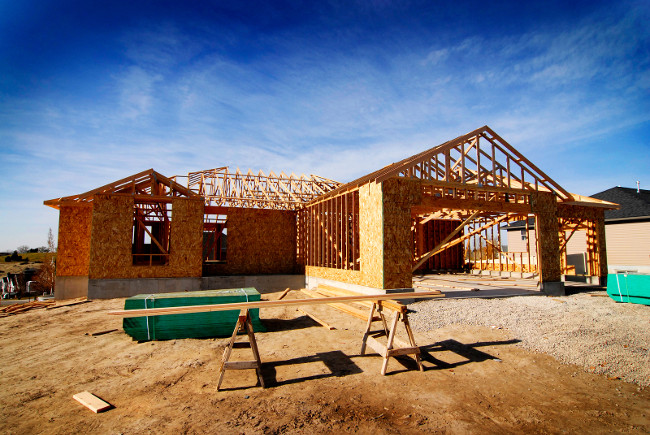
Be realistic with your budget
Choosing your budget is essential as this can determine the size and quality of your build. Whilst you may want to go excessively overboard and set your budget very high, the reality is that many builders run out of money halfway through the scheme.
Avoid this by being realistic from the very beginning, setting your budget, monitoring your cash flow and being strict with what you spend.
Prepare your grounds
Don’t forget to also focus on your landscapes as this could also affect the overall finished look. Just remember to leave plenty of space for future outdoor gardens, or other ideas you may have.
Build for your future
When designing your future home, think about the future — what will your family home life hopefully be like in a few years? Consider the necessities that you could implement in your home and the requirements that you will potentially need in the future.
Avoid trends. Whilst trendy fixtures and features may be what you’re after, they will inevitably lose their fashionability. Stick with classics, as they will give your overall finish a more current feel.
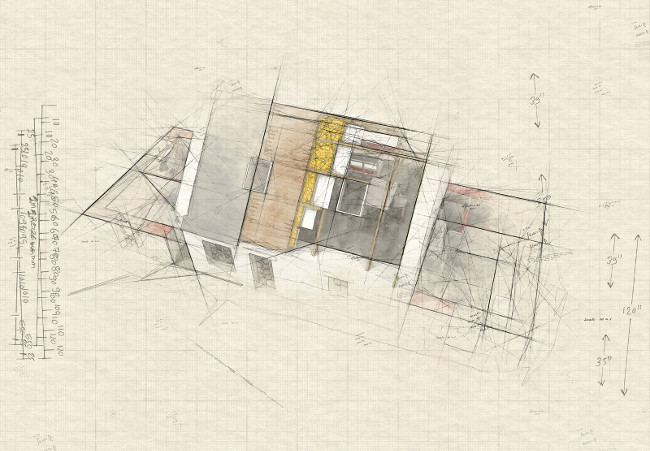
Don’t overbuild
It is natural to aim for an excessively large space to work with when starting your project, however, will you really use it? Do your best to avoid space that will be under-utilised, as this will save your money.
Before building, analyse the houses in the area and their sizes, because selling the most expensive house in the area could ultimately lose you your money.
Allocate a contingency fund
An essential tip is to put aside an additional 10% of your total construction budget for emergencies. Trust us — this could be extremely helpful if needed.
Stick to your plan
Whilst many of us are likely to deviate slightly from the plan, however, do your best to avoid making changes mid-construction as this will inevitably cause delays to your schedule and will add extra costs.
The key is to ensure that you are 100 per cent satisfied with your design before beginning the build, as well as researching the materials so that you feel confident that you are using the best items for your dream home.












